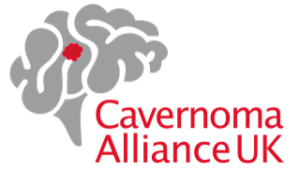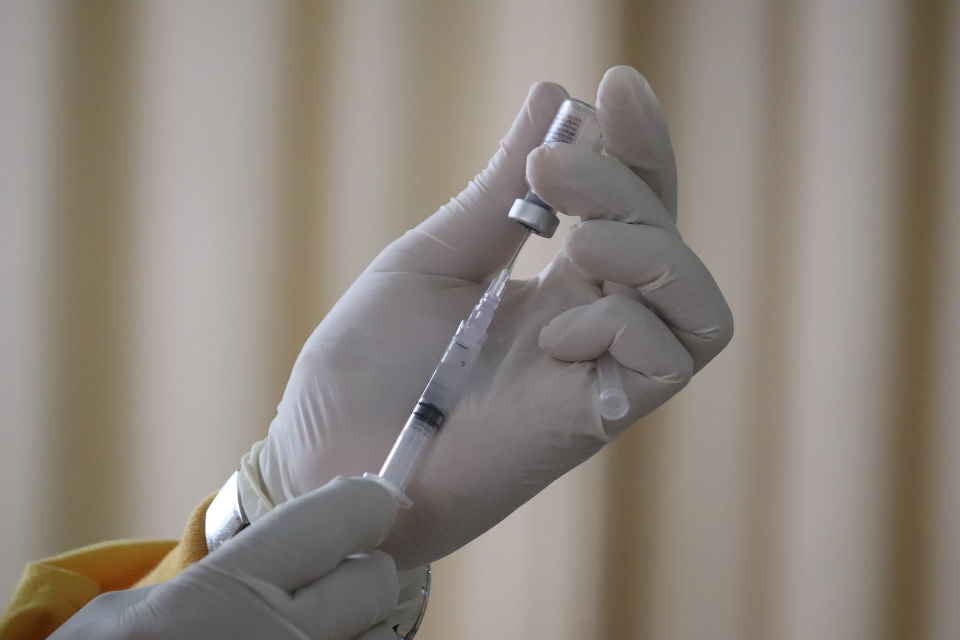In the light of developments concerning the safety of the AstraZeneca vaccine we asked our scientific advisor, Professor Rustam Al-Shahi Salman, for advice for people with cavernoma. He says (8th April 2021):
“Current concerns about the risk of thrombosis – especially cerebral venous sinus thrombosis – following vaccination against COVID-19 are under close scrutiny by the MHRA, and the subject of UK-wide surveillance by Public Health England. The risk of cerebral venous sinus thrombosis seems to be very low (1 in 250,000 overall, and 1 in 90,000 in younger people), whilst the vaccine has good effectiveness for preventing COVID-19.
At present, there is no evidence that vaccination against COVID-19 affects cavernomas. Guidance from the Association of British Neurologists (ABN) on 5 April stated, “All COVID-19 vaccines are safe for neurology patients and highly effective”, and the ABN’s full guidance is available here: https://www.theabn.org/general/custom.asp?page=covid19_response.”
This means that people with cavernoma should consider themselves at the same risk as anyone else. You will need to ask your own GP or hospital clinician for advice about being vaccinated if you are concerned about this, and we recommend that you show them the above statement from Professor Salman.
This is a rapidly moving situation and CAUK will only provide updates with any new information concerning cavernoma.
MHRA (the UK regulator) points out that the risk of getting the rare blood clots, whether or not this is proven to be caused by the AstraZeneca vaccine, is very, very much less than the risk of serious effects from catching the coronavirus. MHRA’s current advice is that the risk is different for different people depending on age and gender. You should be aware of the actions being taken by the UK government in this regard, likely to be widely disseminated on government websites and in the press.
Yesterday’s (7 April 2021) announcement from EMA (the European regulator) advises people to be aware of the symptoms caused by the blood clots, and that anyone should seek urgent medical attention immediately if they have any of the following symptoms in the weeks after their injection:
- shortness of breath
- chest pain
- leg swelling
- persistent abdominal (belly) pain
- neurological symptoms, such as severe and persistent headaches or blurred vision
- tiny blood spots under the skin beyond the site of the injection.
We emphasise again that there is no evidence that people with cavernoma are more at risk than the general population.

